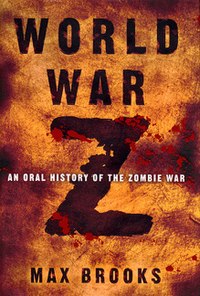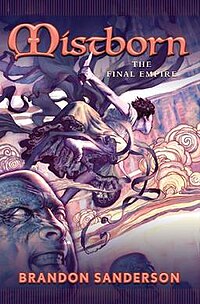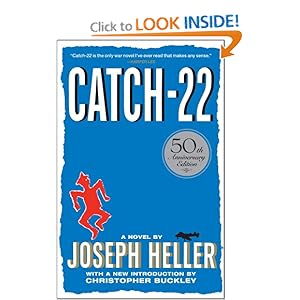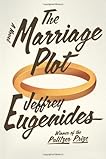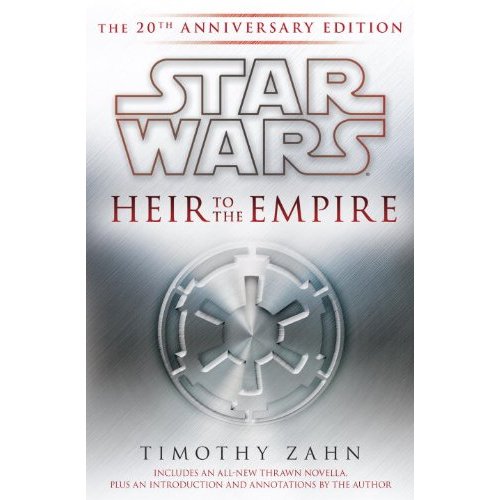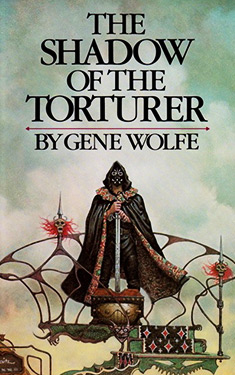From the beginning, there has been a debate among readers and critics over the relationship between the poem and the novel. Actually, that's not quite true, now that I think about it. From the moment I read the novel and read about it, I somehow took for granted what everyone writing about it seemed to take for granted: That there must be something wrong with the poem, since the novel gives so much weight to a madman's misguided obsession with it.
And then as I read and reread the novel, and sometimes just the poem, it began to dawn on me. Maybe the poem wasn't meant as a pastiche, a parody, an homage to Robert Frost. John Shade refers to his reputation with characteristic modesty as being "one oozy footstep" behind Frost, but that doesn't mean we should take his self-deprecation as gospel.) In fact, I must admit Frost has always left me cold, so to speak. And when I started asking myself what other American poet of the past century has done anything comparable in its offhand genius to "Pale Fire," I could only think of Hart Crane, the Hart Crane of White Buildings.
Once it dawned on me that the poem might not be a carefully diminished version of Nabokov's talents, but Nabokov writing at the peak of his powers in a unique throwback form (the kind of heroic couplets Alexander Pope used in the 18th century), I began to write essays that advanced this revisionist view of the poem. It was actually one of these that came to the attention of Dmitri Nabokov who seemed to indicate this was his understanding as well: That his father intended the poem to be taken seriously.
Of course, the question of intention is dicey. At Yale William K. Wimsatt thundered against "the intentional fallacy," the futile attempt to read the mind of the poet in order to get to the heart of the poem. I tend to agree with the argument that trying to figure out the poet's intentions rather than the poem's intent can be a mug's game. Nabokov himself had been sphinxlike about the poem's reception, but, on close reading, the poem does reflect the pale fire of his previous and later preoccupations.
It's a combination of meditations on life, death, art, and the afterlife, art as the afterlife, all built around a core of grief at the death of the fictional poet's daughter. And all the excellences of the poem's complex, Persian-rug pleasures suggest perhaps it deserves to be stolen back from the thief Kinbote and looked at as a pseudonymous work of Nabokov's that he had hidden inside the Russian doll construction of the novel.
That's the position taken by Mo Cohen in this new edition, designed by the artist and illustrator Jean Holabird. That the poem deserves to be read on its own terms, solus rex to use a Nabokovian phrase. Standing regally alone. Allowed to convey its own meanings once it's left the author's pen. And in a sense that's what this new gesture, this new incarnation of the poem "Pale Fire" Mo was sending me was. "Pale Fire" freed from the shackles of, or, if you prefer, the delicately woven web of Pale Fire. "Pale Fire" free at last to be a poem on its own.
One essayist has told the story of how when Nabokov was writing poetry in Russian, the chief exile critic consistently trashed his work. Until he published some new poems under a pseudonym and the same critic praised them to the skies. Perhaps, in adopting the mask of "John Shade" and embedding the poem in a novel and surrounding it with a forbidding footnoted fence of madman's annotations, Nabokov was doing something similar. John Shade was his sock puppet! One way of looking at it, anyway.













